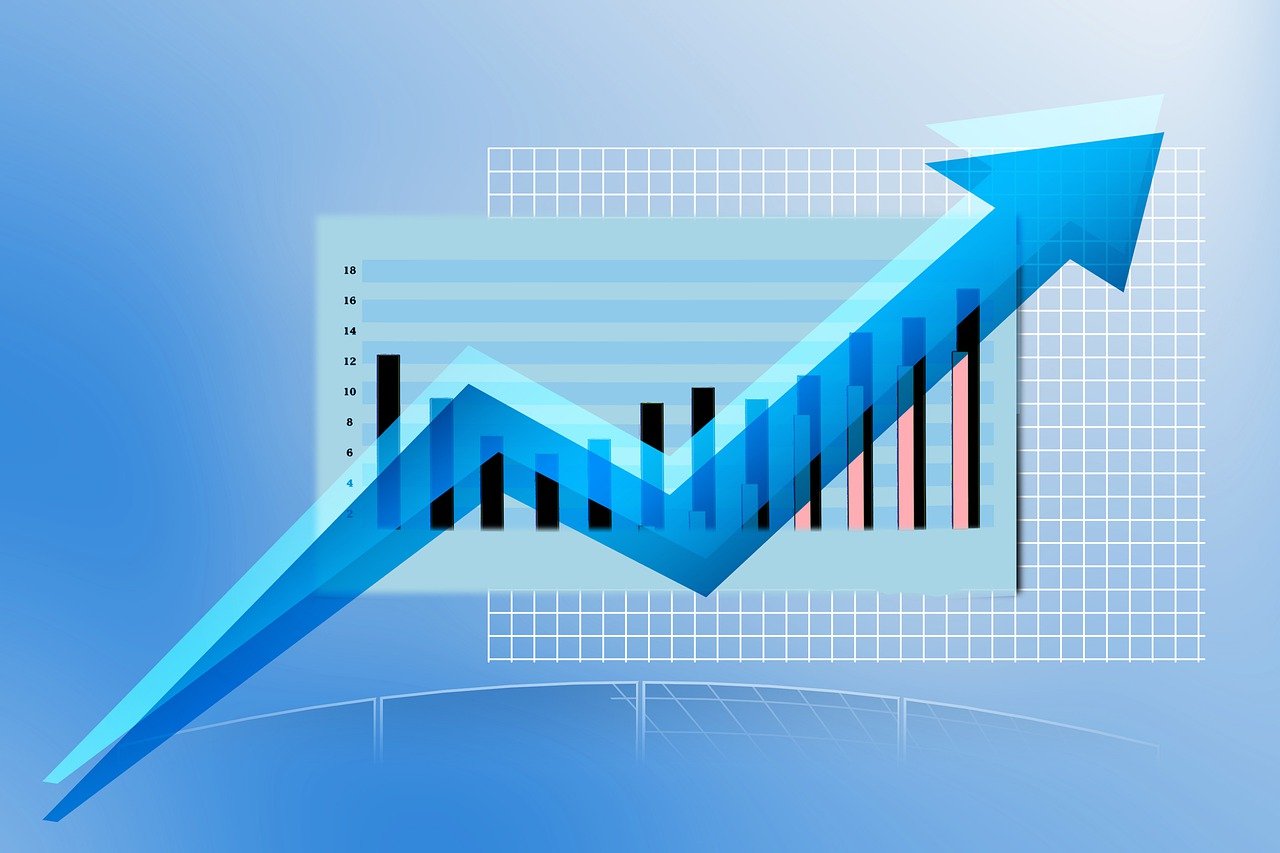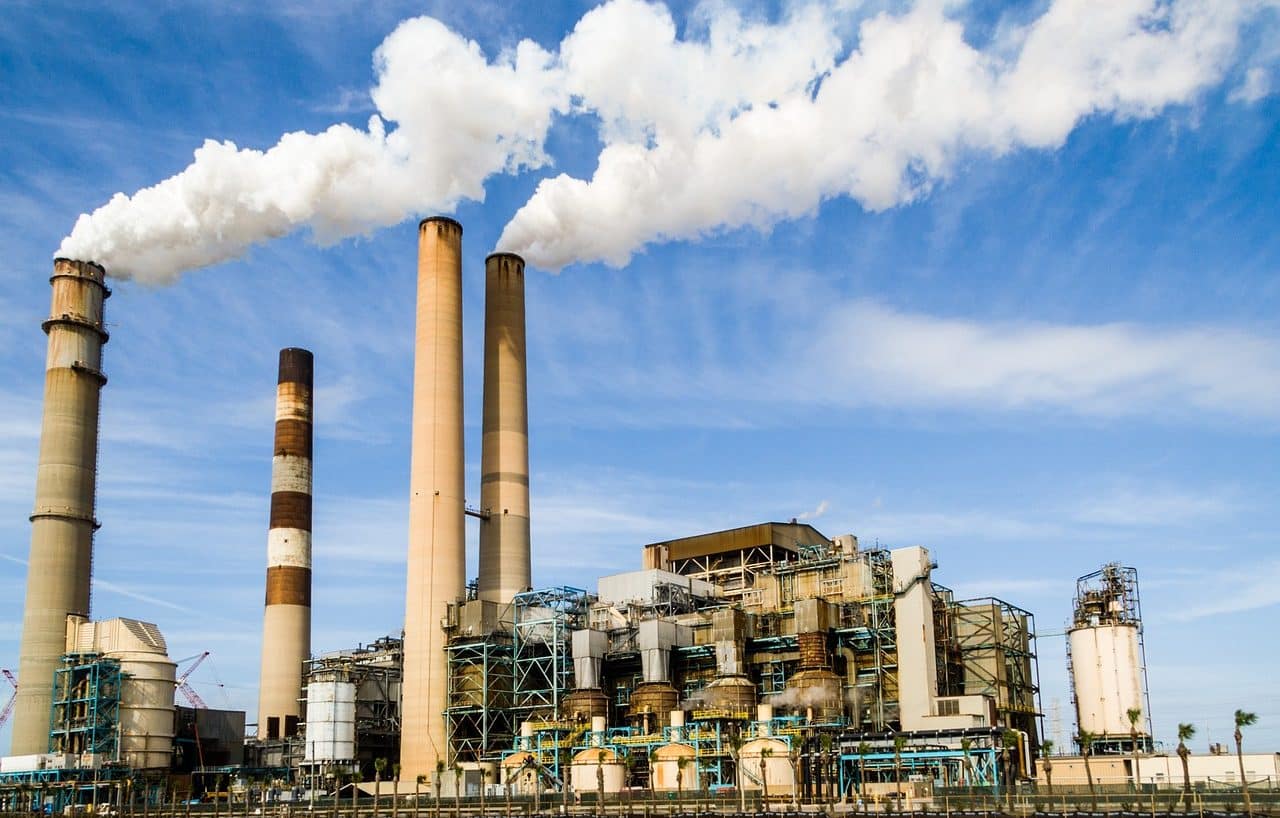
GDP is the acronym corresponding to Gross Domestic Product (or Gross Domestic Product).
GDP is the acronym that summarizes the expression of Gross Domestic Product or Gross Domestic Product , a concept extended in numerous countries as PBI ( Gross Domestic Product ). It is a notion that encompasses the total production of services and goods of a nation during a certain period of time, expressed in a monetary amount or price.
When delving deeper into the importance of GDP, it is noted that it is included in national accounting and only includes products and services that arise within the framework of the formal economy (that is, it leaves aside what is known as black work, exchanges of services between friends, illicit businesses, etc.).
GDP calculation
The calculation of GDP is linked to production within a certain territory, regardless of the origin of the companies . A French company with production in Chile contributes to the Chilean GDP , to cite a specific case as a reference.
The monetary valuation of GDP can be carried out according to the market price (including subsidies and indirect taxes) or according to the cost of factors.
Classification according to type
There are various classifications of GDP. What is known as nominal gross domestic product , for example, represents the financial value obtained by adding the services and goods produced by an economic system to current values of the year in which they were manufactured or generated. This allows, in GDP measurements over time, to avoid distortions produced by inflation . The real gross domestic product , on the other hand, is the absolute monetary valuation at constant values (according to the prices of an annual period taken as a reference point).
GDP per capita , meanwhile, attempts to measure the material wealth existing in a country by dividing the total GDP by the number of inhabitants. The result, of course, does not reflect the reality of each person, since there are enormous differences in the distribution of wealth .

GDP is calculated from the total production of services and goods of a country in a specific period.
GDP and social well-being
Traditionally, the calculation of a nation's GDP has been used to determine the wealth it possesses; However, it does not reflect the social and environmental crisis that devastates the entire planet every day, so new measures that are more realistic should be sought.
According to a proposal presented by the United Nations Environment Programme , this data, which all countries cling to in order to know reality, is a perverse indicator of social well-being , since it only reflects the amount of financial transactions that have been made in that nation, regardless of what or whose expense they were made possible. Two very interesting examples were revealed in this report:
- If there were a flood in Uruguay , the number of people who would have to work to lift the country and safeguard the damage would be very high, which would also increase the GDP; Although the damage is irreparable and many people were left homeless or with irreversible losses, this data would denote that the country has grown, when in reality it has not. This indicates that although GDP determines economic activity, it does not distinguish whether it is due to positive or harmful causes.
- If a country that has exaggerated forest resources were taken into account and in one year it cut down all its forests, in said period the GDP would increase considerably, however in the long term the territory would become impoverished as a consequence of the loss of its natural resources.
It should be noted that the current economic system is causing an impact not only economically, but also ecologically, related to the disastrous way in which energy waste is disposed of, for example. These environmental problems are not reflected in the GDP, which only records the movement of money that is made in a certain territory regardless of how said capital was obtained.

GDP is usually associated with the economic development of a country, but it does not report on the purchasing power of the population or provide data on the unemployment rate, for example.
The right analysis
As can be seen, GDP is one of the many economic indicators that exist, but not the only one that must be considered to understand the socioeconomic reality of a country. It can be very useful to know if there was economic growth or recession , for example, but it does not explain how these situations are reached or what their effects are.
It is evident that, for authorities, analyzing GDP provides important data when defining economic policy , establishing the budget and managing public finances. In any case, other economic statistics are needed to have the knowledge that helps administer the State efficiently.
In countries with a large informal economy or with marked economic inequality , GDP growth or contraction may not have the supreme relevance that is usually given to the indicator. We have already seen that the data does not provide information on infrastructure, the labor market or public debt, to mention just a few variables.
Suppose that a nation's GDP registers an annual drop of 5%. The data alone could reflect an economic crisis . However, in that same country, growth in the agricultural sector may have been achieved through the sale of raw materials, an advance that was not reflected in other sectors. It is likely that, thanks to these incomes, poverty has been reduced in some regions, something that was not achieved in other areas.
